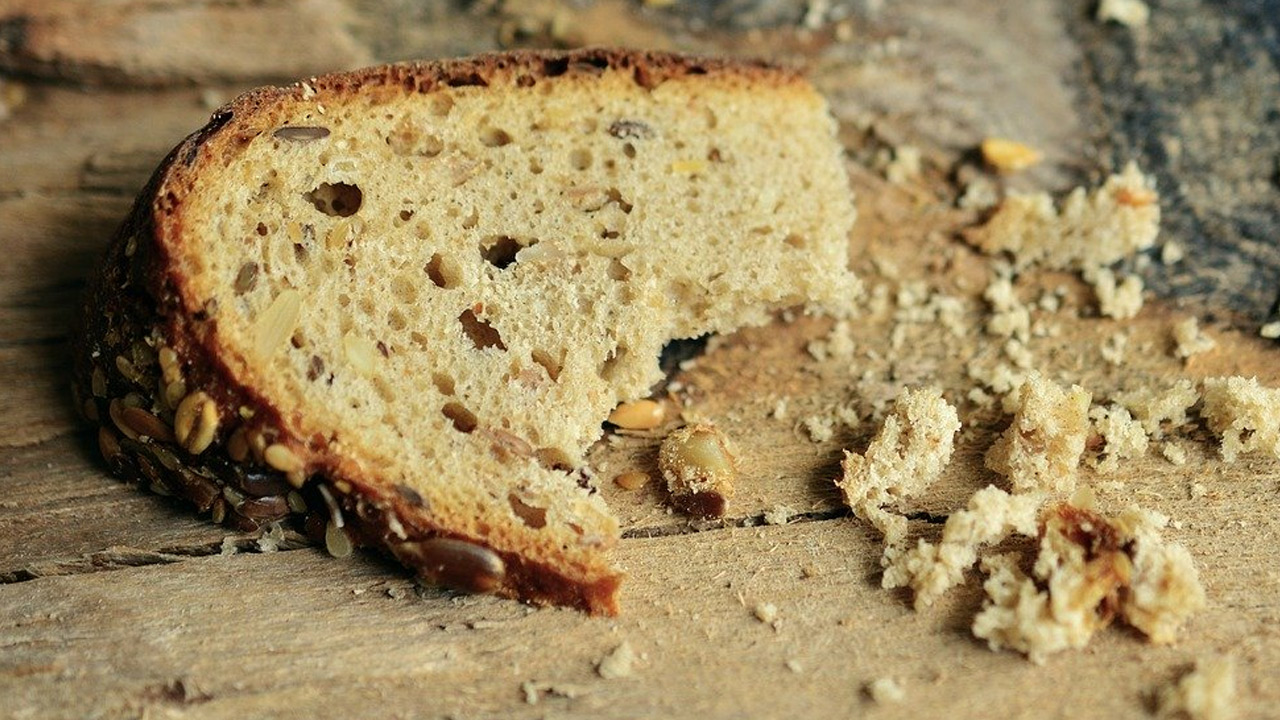The Meaning of Leaven in the Passover Seder

(Abridged from Messiah in the Passover, Chapter 6: Passover and the Lord’s Supper)
The context for 1 Corinthians 5:6–8, the first of three Passover-themed passages in this epistle of the Apostle Paul, is that the Corinthian church accepted with prideful arrogance the presence of someone in their midst who was committing sexual sin (5:1–2). Paul’s response is to exhort the church to take decisive action against the offender, casting him out from the church community (v. 2–5). However, it is relatively easy to expel an unbeliever from the church and much harder to deal with the sin in the hearts of the believers.
In 1 Corinthians 5:6, Paul pivots to the idea of “pride” by drawing a principle from the Passover. After calling the Corinthians “arrogant” (5:2), he again warns them, “Your boasting is not good” (v. 6). This remark signals that Paul is no longer addressing the sin of the sexual offender but rather the pride of the church community that was boasting about retaining him. Paul continues, “Do you not know that a little leaven leavens the whole lump of dough?” (v. 6) For Paul, leaven signifies pride. First, leaven ferments and puffs up bread just as human pride puffs up a person with sin. Both Paul’s contemporaries and later Jewish rabbis use leaven as an analogy for pride.1 Second, if Paul is writing near the time of Passover, then the thought of leaven would be at the forefront of his mind as a Jewish believer (Exodus 12:19). Consequently, Paul’s use of the leavening theme is a vivid word-picture that speaks to the time and situation of his audience.
In contrast to the greater sin of the sexual offender, the Corinthians’ sin of boasting may be just “a little leaven,” but it still makes the whole dough unfit for Passover. The analogy is that the sin of pride has infected the whole Corinthian church, which is inconsistent with their justification in Messiah. Paul clearly believes that the Corinthians are saved and justified in Messiah because he calls them “unleavened” (1 Corinthians 5:7). Their status as sinless, righteous, and pure in God’s eyes through Messiah is a fact in Paul’s mind. However, the Corinthians’ prideful actions are springing from “the old leaven” of “malice and wickedness” (v.8), or their old sinful nature. The only proper response is to remove pride from their midst like the Jewish people remove leaven from their homes at Passover.
In the second half of verse 7, Paul gives the reason why the Corinthians are “unleavened” and righteous believers: “For Messiah our Passover also has been sacrificed.” This Passover sacrifice is greater than any previous Passover lamb, providing complete atonement for all time to all who believe (John 1:29; 1 Peter 2:24). The Corinthians have already been redeemed by the blood of the Lamb, but their boasting is taking them back to Egypt. Paul commands the Corinthians to turn back from that treacherous road and clean out the leaven of pride, thereby allowing them to celebrate the festival of Passover correctly.
- The Jewish philosopher Philo, Paul’s contemporary, makes the connection in at least two places: On the Special Laws 1.293 and Fragments from an Unpublished Manuscript in the Library of the French King. According to Ronald L. Eisenberg, JPS Guide to Jewish Traditions, “The Rabbis regarded hametz [leaven] as the symbol of the evil inclination. The ‘yeast in the dough’ (the evil impulse that causes ferment in the heart) prevents human beings from carrying out the will of God (Bereshit 17a). Hametz also represents human haughtiness and conceit. Just as leaven puffs up dough, so human arrogance cause[s] us to believe that we, not God, control our destiny.” Ronald L. Eisenberg, The JPS Guide to Jewish Traditions (Philadelphia: Jewish Publication Society, 2004), 269. ↩︎
Sign up to receive our email newsletters
Get the latest news from Israel, insights from Dr. Mitch Glaser, international ministry reports, as well as videos and podcasts, downloadable resources, discounts in our online store, and much more!